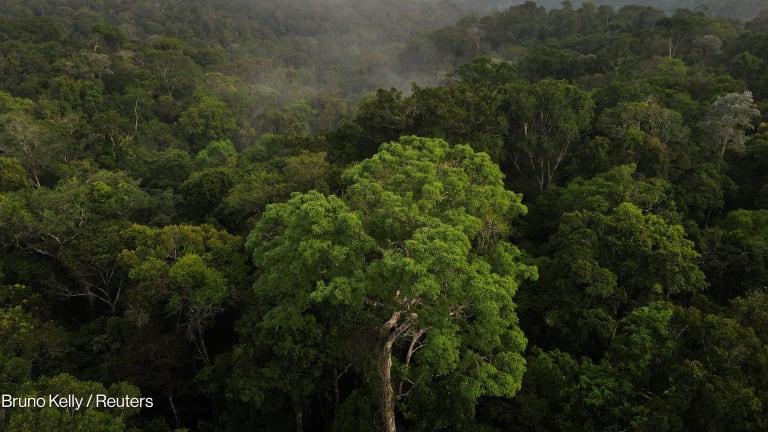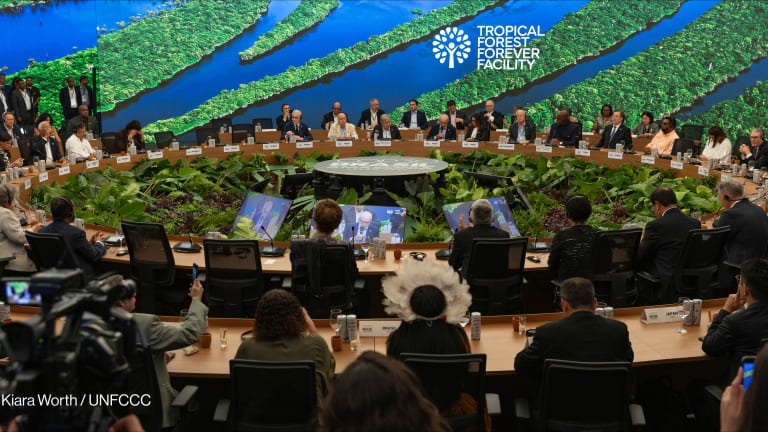Brazil has sharpened the framework for a much-anticipated fund to protect the world’s tropical forests that offers a new model for climate finance in a third draft plan, called Concept Note 3.0, officially published Thursday.
The Tropical Forest Forever Facility, or TFFF, aims to channel large-scale, long-term finance into conservation by allocating it to countries that continuously maintain healthy forests, such as Indonesia, the Democratic Republic of Congo, Malaysia, Gabon, and, of course, Brazil itself. It is set to launch at the 30th United Nations Climate Change Conference of the Parties, or COP30, in Belém, Brazil, this November.
The basic idea is simple: Countries home to tropical rainforests can earn money for each hectare they conserve. The funds are generated through a large investment fund that expands upon seed money from donor countries. And instead of returning all profits to the investors, around a third will be held back and funnelled into those tropical countries to help protect their rainforests.








